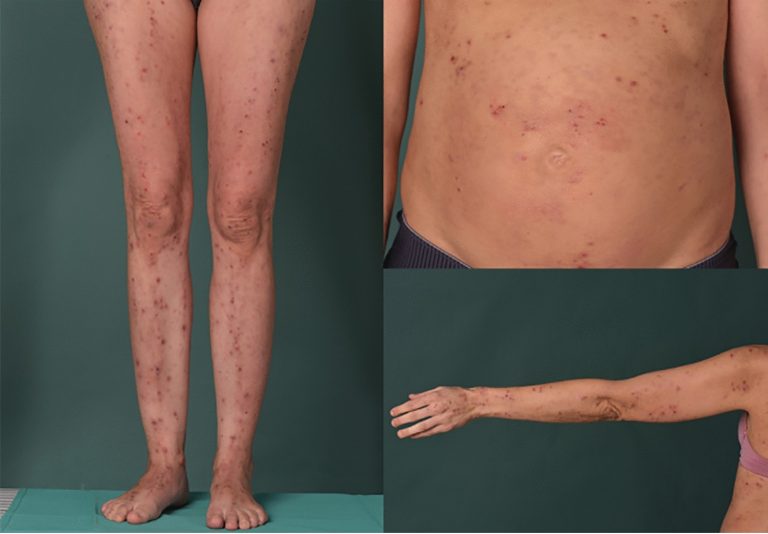There are several possible causes of pruritus. Some may be the result of a skin disorder. Skin disorders generally involve a rash on the affected area. In some cases, however, pruritus is caused by medications, herbs, or supplements. In chronic hepatitis C, pruritus has been linked to antiviral therapy. The exact mechanism is unclear, however, pruritus may be a symptom of exposure to external factors, such as chemicals. Cholestasis, for example, can cause itch in women. Cholestasis, which usually begins during the third trimester of pregnancy, may also be a cause of pruritus.
Pruritus therapeutics are topical medicines that have shown effective results in patients with atopic dermatitis (AD). The increasing prevalence of dermatological disorders has led to a rise in the market for these medicines. Currently, the market for pruritus therapeutics is highly fragmented and is expected to grow at a significant pace over the next few years.
There are several types of pruritus, including acute and chronic. Among them are allergic dermatitis and urticaria, which can be treated with antihistamines and immunosuppressants. Along with reducing the severity of itching, pruritus therapeutics can also reduce anxiety and sleep disturbance associated with chronic pruritus. Although the majority of the literature focuses on AD-associated itch, these therapies may also be effective in treating other types of chronic pruritus. Chronic pruritus is a significant cause of discomfort and disability. Patients suffering from chronic pruritus may suffer from physical and psychological problems, and excessive scratching can lead to infections. The most effective therapy for pruritus is to identify the underlying cause and treat it accordingly. The use of topical medications is the mainstay of treatment for generalized itch. Systemic therapies should be considered if the symptoms persist for more than 6 weeks.
The global Pruritus Therapeutics Market is likely to experience high growth over the next few years due to a number of factors, including the increase in prevalence of dermatological disorders and the need for proper diagnostics and therapeutics. The availability of specialized therapies for treating pruritus will further enhance the industry’s growth. In August 2021, The U.S. Food and Drug Administration granted approval to ViforPharma and Cara Therapeutics totreat moderate to severe pruritus in patients that are on hemodialysis.

